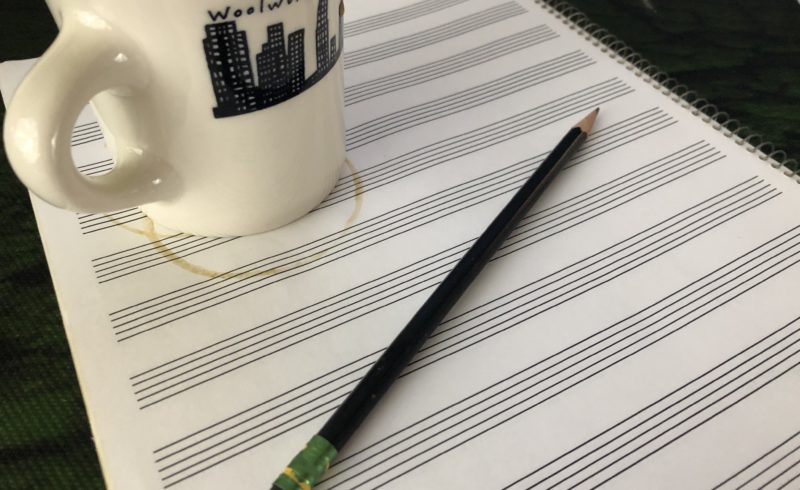
Nicki Minaj today was hailed in numerous entertainment news reports as having scored a great victory yesterday not only for herself but for artists the world over.
No.
And I’ll explain.
First, a super-quick background summary:
Minaj created a track, “Sorry,” that interpolated Tracy Chapman’s “Baby Can I Hold You.” Minaj then asked Chapman for a license on that use, and Chapman, who never says yes, again here didn’t.
Then the track got out anyway, somehow. So, Chapman sued for infringement.
Roughly a month ago, Minaj, in a motion, argued that if Chapman won it “should send a shiver down the spine of those concerned with the entertainment industry” because it would mean Minaj was wrong to have even worked with the Chapman song in the first place.
And that of course would be silly. So silly that I can’t believe we need a ruling to tell us it’s silly, but here we are. Building off existing work, experimenting with it; this is essential practice across broad genres of music, especially hip hop. Imagine for example having to get permission from every artist from every piece of vinyl you grabbed from the used record store before you even started developing beats.
U.S. district judge Virginia A. Phillips ruled that indeed the creation by Minaj of “Sorry,” while without Chapman’s expressed permission, was “fair use” and is not copyright infringement.
It would’ve been ridiculous to rule otherwise. And so this is a non-event.
This case has really always been about the fact that the song got out. It’s the only part of this that was ever going to be interesting. And it’s the part that remains headed to trial.
So yes, the headlines are that Minjaj “scored a victory.” But that “victory” was merely getting the judge to rule on a nearly universally accepted truth; practically a no-brainer. It was a clever motion — positioning Minaj as protecting something not threatened — a slippery slope distraction, a strawman. And summary judgment? Avoided — so that is a victory for Minaj.
All the interesting parts though lie ahead. Did Minaj distribute the track? Perhaps not. But it got out. So even if it’s “fair use” to experiment or even finish the track, what’s Minaj’s obligation to protect it? And if that obligation is strict? And this clarifies that? That’s hardly a victory for artists everywhere as headlines today are trumpeting.